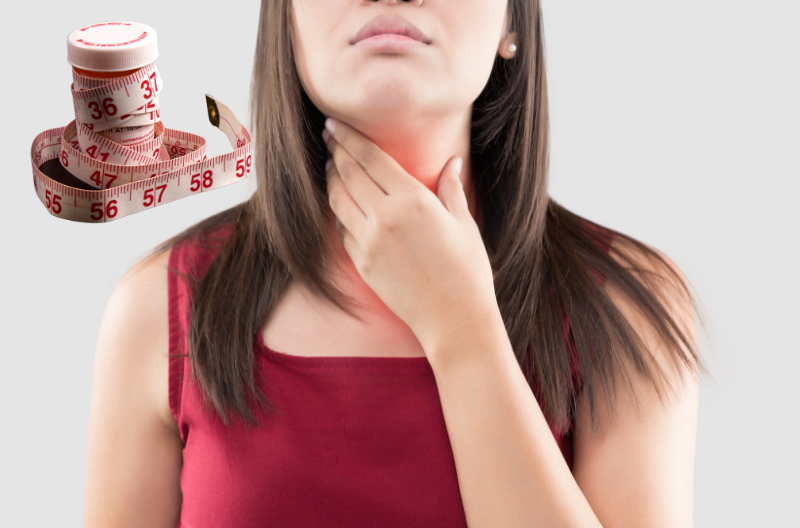Hyperthyroidism, hypothyroidism, and thyroid cancer are all frequent thyroid disorders. Hypothyroidism, for instance, is a disorder in which your thyroid does not create sufficient thyroid hormones. Depending on the kind of disease, these disorders are often treated with drugs such as thyroid hormone replacement, surgery, and other techniques like radiation therapy.
🔔 Caleb Parry described Graves disease in 1786, the first description of thyroid diseases as we know them today, but the pathogenesis of thyroid disease was not discovered until 1882-86.
In addition to standard thyroid therapies, evidence suggests that dietary interventions, such as supplements may aid in the treatment of some thyroid problems. Nevertheless, some supplements may cause more harm than good when it comes to thyroid health.
This article will compile the safe diet pills for thyroid patients. We’ll also explore how supplements may benefit persons who suffer from thyroid-related health issues.
Can diet pills affect your thyroid
Hypothyroidism is a disorder that is frequently linked to weight gain, but there is no proven food plan for treating an underactive thyroid. On the other hand, several micronutrients have been linked to improved thyroid function. The composition of a person’s food can be essential when evaluating thyroid disorders because specific micronutrients are known to influence thyroid function.

Furthermore, various food components can either improve or decrease these micronutrients’ ability, so eating them can indirectly affect thyroid hormone levels. Some weight-loss products contain high levels of thyroid hormones, which can be dangerous if you don’t know about it.
What can I take to lose weight with thyroid problems
In most instances, Levothyroxine promotes weight reduction. You may lose up to 10% of your body weight if you start using this medicine. Because hypothyroidism allows you to retain water, this is mostly water weight.
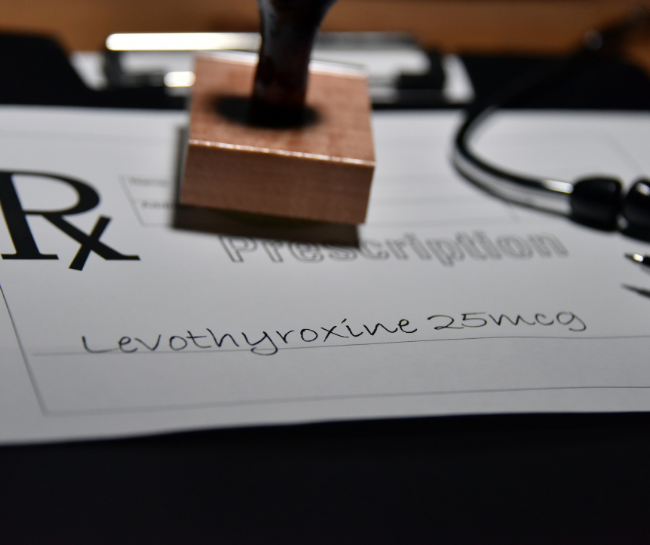
Levothyroxine is a drug used to treat thyroid issues. Because weight gain is a consequence of hypothyroidism, replacing your thyroid hormone with Levothyroxine is one of the safe diet pills for thyroid patients. It may help you lose weight effectively. You may regain your average body weight if the fluid retention induced by hypothyroidism is addressed.
This medication must have no effect on your weight once your thyroid levels have returned to normal. Obesity or weight reduction should not be treated with Levothyroxine. This can have serious consequences, especially if you take Levothyroxine with weight-loss drugs like dextroamphetamine or methamphetamine.
Can you take weight loss pills with thyroid medication
If you’re gaining weight, losing energy, or going bald, it’s possible that your body isn’t making enough hormones. Thyroid-regulating drugs like Levothyroxine can assist with these symptoms, but only if you have a thyroid condition. You can also mix some types of diet medicines with Levothyroxine if your doctor permits it to help you lose weight faster.

However, when taking thyroid drugs, not all weight loss pills are safe. Instead, your doctor may prescribe diethylpropion or phendimetrazine to help you control your hunger and stick to your diet. Unless your doctor says otherwise, you can take either of these medicines while taking Levothyroxine.
💡 If you’re pregnant, nursing, or elderly, don’t take any appetite suppressants; most doctors only give phendimetrazine or diethylpropion for three to six weeks at a time.
What supplements to take to lose weight with hypothyroidism
You’ll probably find a section designated to thyroid health in the supplement department of your favorite health food store. Because thyroid disorders are so common, numerous supplement firms have begun to produce pills that “promote thyroid health.”
While some of these items are safe, some thyroid supplements might have harmful side effects and potentially harm your thyroid.

Before going into why thyroid-specific supplements may not be the ideal option for everyone, it’s crucial to understand what nutrients the thyroid needs to function properly. Some of the most crucial supplements for thyroid health are:
- Iodine
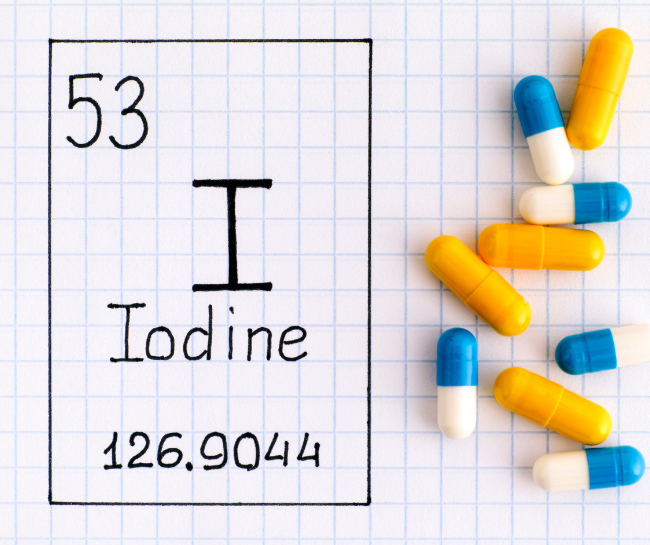
Thyroid function necessitates iodine. In fact, the sole known function of iodine at this time is to aid thyroid hormone production. Thyroid hormones containing iodine are triiodothyronine (T3) and thyroxine (T4). Besides, thyroid disease is caused by a lack of iodine.
- Selenium
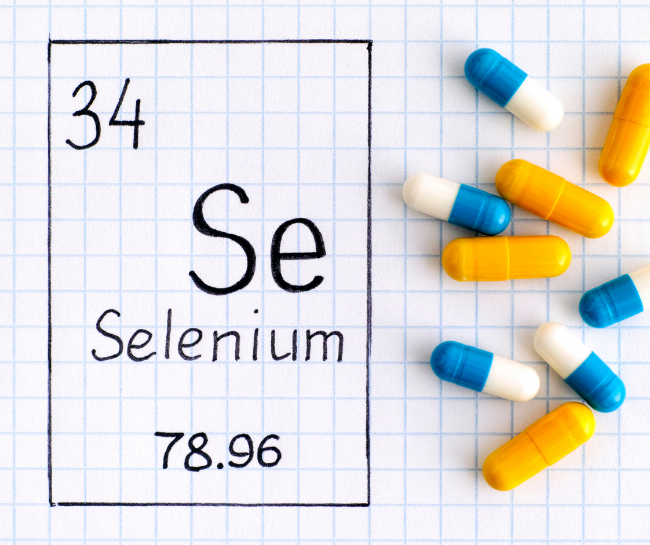
Selenium, an essential mineral for thyroid hormone production, protects the thyroid from oxidative stress damage. The thyroid contains a lot of selenium, and a lack of it can cause thyroid problems.
- Iron
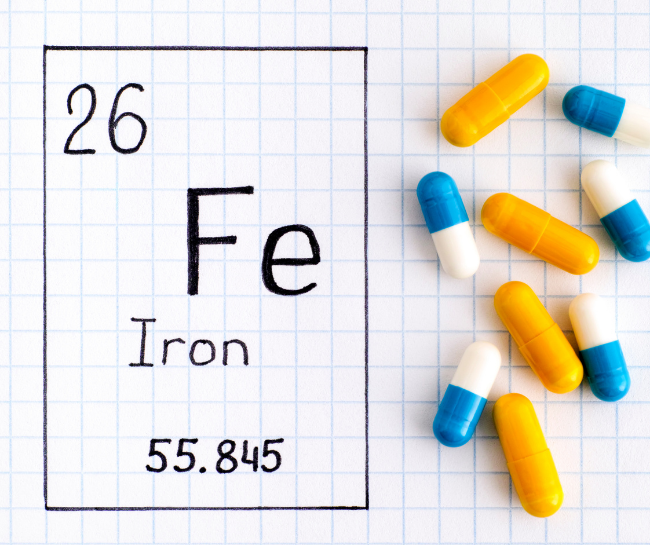
T4 must be converted to T3, the active form of thyroid hormone, by the thyroid. Thyroid dysfunction is linked to the iron shortage.
💡 Some people experience side effects from taking higher doses of Iron, a common vitamin supplement. The unabsorbed iron is oxidized and causes gut irritation which can cause constipation and nausea.
Read more at Why You Feeling Worse After Taking Iron Supplements
- Zinc
Thyroid hormone generation needs the element zinc. For appropriate T3, T4, and thyroid-stimulating hormone levels, adequate zinc content is required.
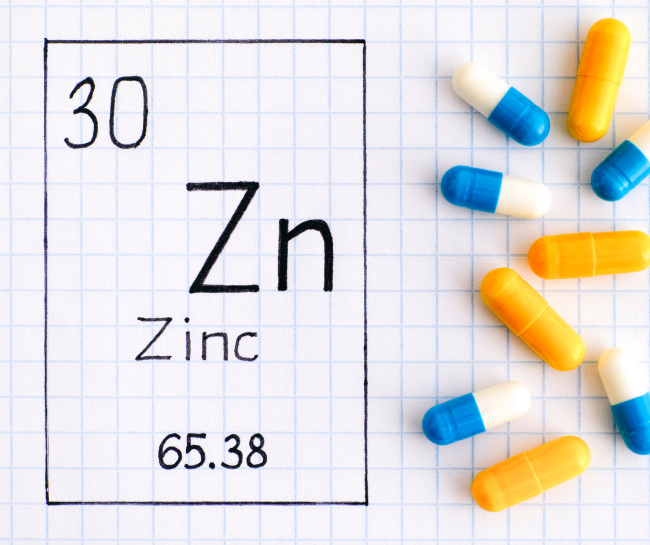
Other nutrients, such as B vitamins and vitamins A and E, are required for proper thyroid function. Thyroid health can be harmed by vitamin deficiencies, which can raise your risk of thyroid illness.
💡 Most people only need to eat a nutrient-dense, whole-food diet to maintain healthy thyroid function.
Certain populations, however, may require vitamin, mineral, and other nutrient supplementation to sustain overall health, particularly thyroid health. People on limited diets, pregnant or breastfeeding women, and people with thyroid conditions or other health difficulties are among these groups.
What supplements should not be taken with thyroid medication
After taking your thyroid medications, you must wait at least four hours before taking any iron, calcium, or magnesium-containing treatments or supplements. Multivitamins containing these minerals are included in this class.
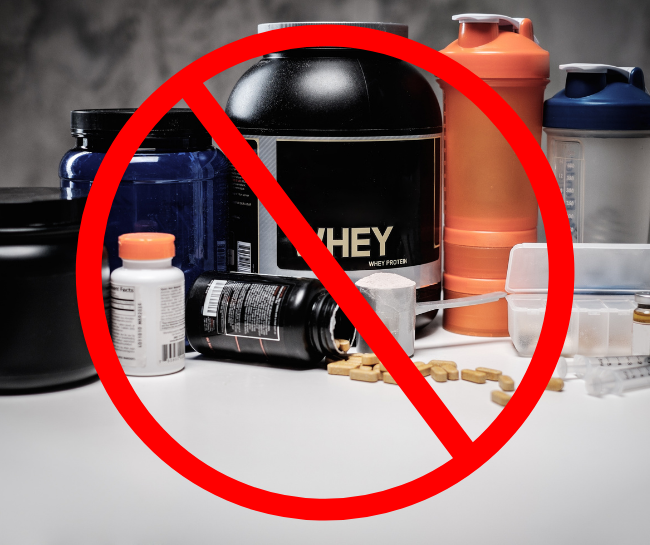
Biotin should be avoided when examining your thyroid levels because it can interfere with an accurate assessment. Biotin should usually be stopped for 1-2 weeks before thyroid labs are checked. Levothyroxine interactions can potentially be caused by too much iodine.
If you routinely take or plan to add vitamins or other medications to your regimen, it’s always good to consult with your endocrinologist or primary care physician first.
Conclusion
Thyroid diseases are difficult to cure and necessitate the help of a medical specialist. Supplements may help some people in certain situations, but they can also worsen symptoms or lead to additional health problems.
Some supplements, such as vitamin D and selenium, may help with thyroid issues, although the evidence is still unclear. Whether you want to use supplements to improve your thyroid health, talk to your doctor first to determine the safe diet pills for thyroid patients.

